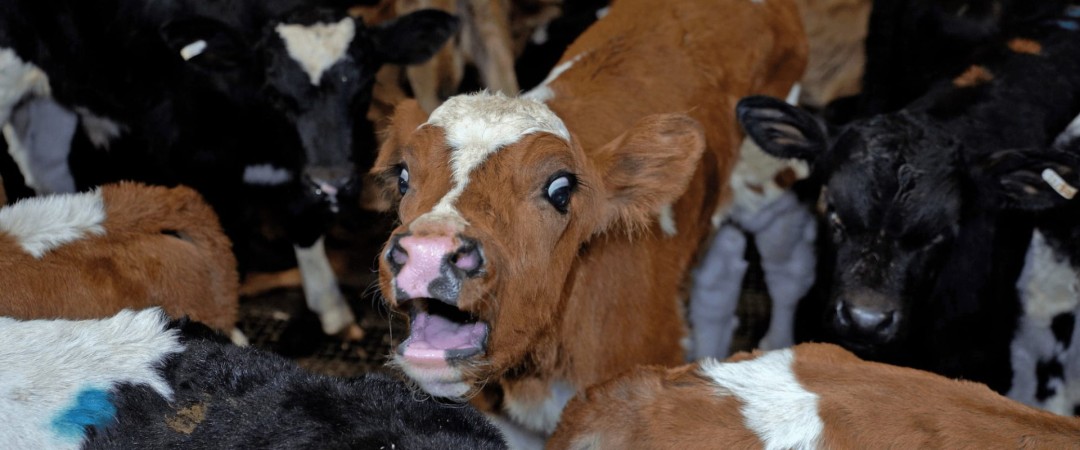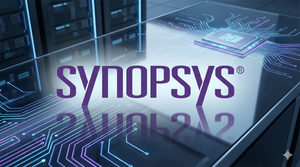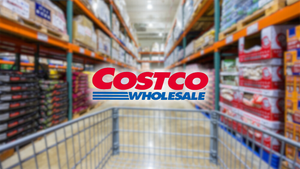Factory Farming: A System Built on Cruelty, Devastation, and Unsustainability
As the climate crisis deepens, public health systems face unprecedented strain, and ecosystems teeter on the brink of collapse, one powerful but often hidden force connects them all: factory farming. The industrialized mass production of animals for food is not just a moral tragedy—it’s a central threat to environmental stability, human well-being, and the future of our planet.
According to new data published in July 2025, factory farming now accounts for the suffering and death of over 92 billion land animals annually, with 99% of them living in intensive confinement. Animals such as cows, pigs, chickens, ducks, and fish are packed into filthy sheds, battery cages, and crates, denied natural behaviors, and subjected to mutilation, separation from offspring, and early slaughter. The realities of modern factory farming reveal a system in which efficiency and profit override basic considerations of sentience and suffering.
Yet the cruelty inflicted upon animals is just the beginning.

A Planet Under Siege: Environmental Catastrophe
Animal agriculture is the number one driver of Amazon deforestation, with 80% of cleared land used for cattle grazing and animal feed. Each kilogram of beef requires 15,000 liters of water, in a world where billions lack access to clean water. The industry consumes 1.6 billion tons of grain per year, grain that could otherwise be used to end global hunger multiple times over. Meanwhile, 77% of the world’s agricultural land is dedicated to livestock and feed, yet animal products supply only 18% of global calories.
Moreover, factory farming is a climate supervillain. It is responsible for more greenhouse gas emissions than all global transportation combined. 37% of methane emissions—a gas 80 times more potent than CO₂—come from animal agriculture. The cumulative effects include climate change, air and water pollution, biodiversity loss, and land degradation. If the world shifted to plant-based diets, 75% of farmland—an area the size of the U.S., EU, and China combined—could be freed up, aiding both carbon sequestration and rewilding efforts.
Poisoned Air, Polluted Water, and Public Health Hazards
The toxic waste produced by factory farms—over 300 million tons of manure annually—contaminates soil and water, generating over 400 types of hazardous gases that threaten rural communities and natural ecosystems. The impact on air and water is both local and global, from dead zones in oceans to asthma and cancer clusters near intensive animal operations.
Human health is further endangered by the reckless overuse of antibiotics in factory farming. 80% of the world’s antibiotics are given to animals—not to treat illness, but to accelerate growth and prevent disease in overcrowded, filthy conditions. This fuels the rise of antimicrobial resistance, now labeled a “silent pandemic” that could claim millions of lives annually by 2050. Public health experts are sounding the alarm, but systemic change remains slow.
In addition, factory farms are breeding grounds for zoonotic diseases. The unsanitary conditions and close proximity of stressed animals increase the risk of new pathogens jumping to humans—a reality made clear by past outbreaks of avian flu, swine flu, and COVID-19-like threats.
Oceans and Aquatic Life: The Forgotten Victims
Industrial fishing and aquaculture operations kill an estimated 1 to 2.8 trillion sea animals annually—creatures often excluded from mainstream statistics but no less capable of suffering. Overfishing and aquatic farming deplete ecosystems, destroy coral reefs, and lead to the collapse of marine food webs, with devastating consequences for biodiversity and coastal communities.
Ethical Crisis: What Kind of World Are We Building?
Factory farming isn’t just an ecological or health issue—it’s a profound ethical one. Animals are sentient beings capable of emotion, social connection, and suffering. Yet modern agriculture treats them as commodities to be maximized and disposed of.
The psychological toll also extends to humans. Workers in slaughterhouses report PTSD-like symptoms, while communities near factory farms experience environmental racism, economic marginalization, and chronic illness.
The system prioritizes cheap meat over justice, convenience over compassion.
There Is a Better Way
This crisis is preventable. Solutions are within reach and include:
-
Transitioning to plant-based food systems
-
Reallocating subsidies from industrial meat to sustainable crops
-
Supporting communities with education and access to plant-based nutrition
-
Demanding policy reform and corporate accountability
-
Rejecting cruelty through personal choice and collective action
Learn how to take action—as an individual, a policymaker, or a business leader—and be part of the solution.
Factory farming is not just outdated. It is dangerous, unsustainable, and deeply unethical. The time to rethink our food system is now.
Media Contact
Company Name: Humane Foundation
Contact Person: A. Roghani
Email: Send Email
Address:27 Old Gloucester Street
City: London
State: England
Country: United Kingdom
Website: https://cruelty.farm/
More News
View More



Recent Quotes
View More
Quotes delayed at least 20 minutes.
By accessing this page, you agree to the Privacy Policy and Terms Of Service.
